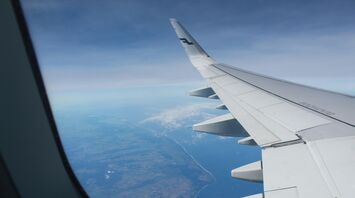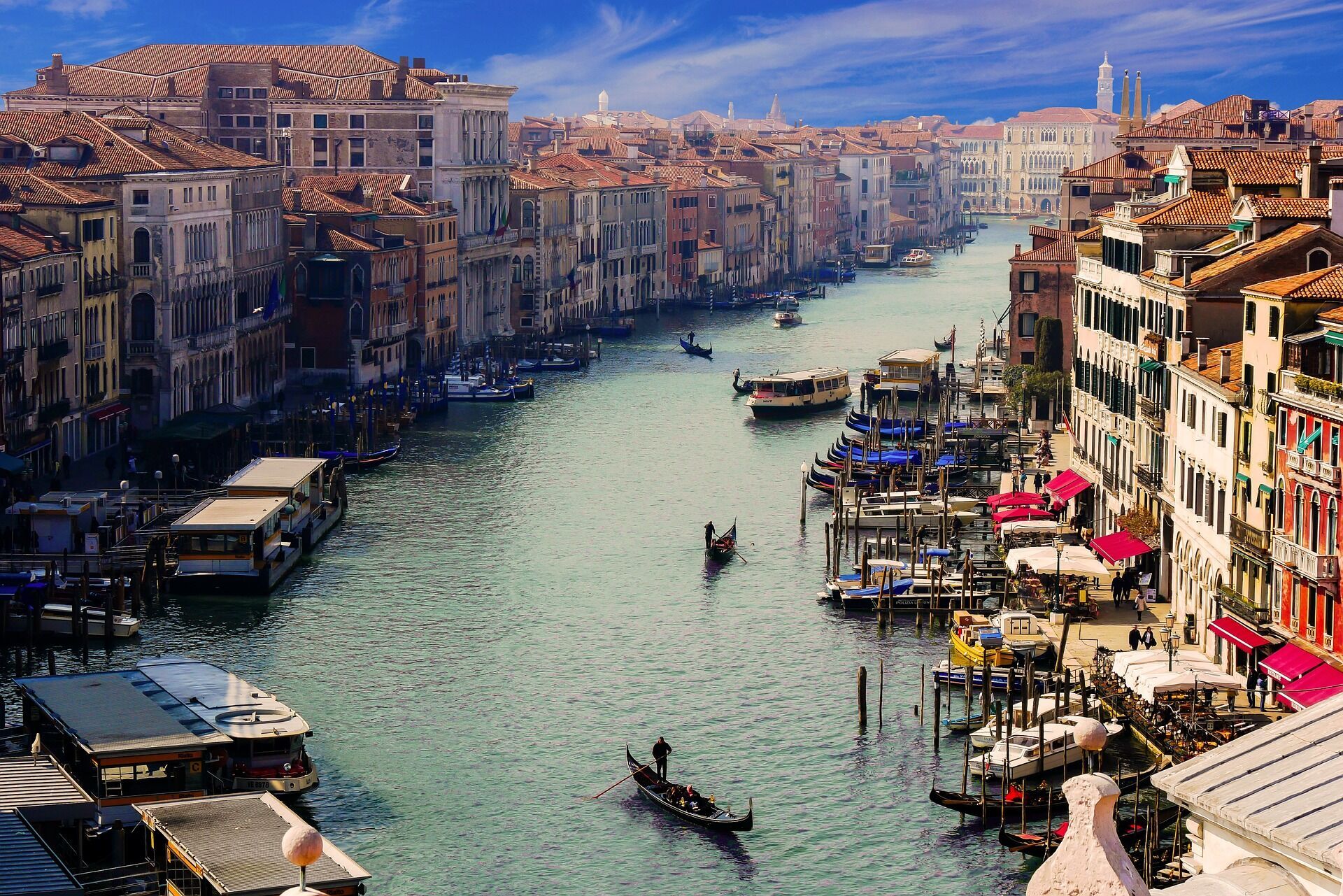Challenges and Trends in Aviation: What Travelers Need to Know

The aviation sector in the United States faces significant challenges due to outdated infrastructure. Despite recent government investments aimed at improving infrastructure, issues with air traffic management remain pressing. For instance, a disruption caused by cybersecurity provider CrowdStrike paralyzed the entire industry. Similar incidents, such as a wrong file upload that halted air travel for hours, highlight the fragility of the current system. Travelers should be prepared for such situations and know how to manage them when they inevitably occur.
There is an overcapacity in the airline market, particularly on domestic routes. Companies like JetBlue are attempting to boost profitability by cutting back on new aircraft purchases, which leads to increased delays due to the frequent maintenance needs of older planes. Moreover, delays in Boeing's aircraft deliveries negatively impact airlines' ability to introduce new routes and improve fuel efficiency. For example, Ryanair has reported significant losses due to these delivery disruptions. Even though fuel prices remain relatively stable, operating outdated aircraft incurs higher costs, affecting overall profitability.
Impact on Travelers: Prices and Quality of Service
While airfare prices have stabilized, travelers face rising fees, such as increased baggage charges, which add to the overall travel costs. In cases of major disruptions, like the CrowdStrike incident, many travelers are forced to bear the costs of rerouting and purchasing new tickets themselves. Unlike in Europe, the U.S. lacks a "Passenger Bill of Rights," limiting compensation options for passengers. As a result, travelers are advised to use premium credit cards, which may offer coverage for flight delays, cancellations, and lost baggage.
Alternative Travel Options and Savings

Frequent disruptions and delays have led many travelers to consider more localized forms of travel, such as train journeys or road trips. Lower fuel prices further contribute to the popularity of these alternatives. Additionally, the growing number of strikes among hotel and airline sector workers, driven by concerns over working conditions and wages, may further impact the quality of service travelers receive. Meanwhile, air travel remains highly congested, with millions of passengers continuing to fly even during holiday periods.
Overtourism and Its Impact on Popular Tourist Destinations
The excessive influx of tourists in popular destinations like Barcelona and Venice has sparked protests among locals. Local authorities and residents are urging tourists to avoid visiting during peak seasons and instead choose less crowded times, such as the fall. This approach not only helps reduce the negative impact of tourism on infrastructure and the environment but also provides a more enjoyable experience for travelers, free from crowds and high prices. To support local communities, tourists are encouraged to choose accommodations in smaller hotels and guesthouses, which also boosts the local economy.

The aviation industry is grappling with multiple challenges, from outdated infrastructure to pilot shortages. Travelers must consider these factors when planning their trips to minimize inconvenience and avoid unexpected expenses. Exploring alternative travel options and being flexible with destination choices can lead to a more comfortable and less stressful travel experience.



















